Shamans openly use psychedelic substances for healing in South Africa
In an elegant wooden cabin on the outskirts of Cape Town, Stuart Dodds is preparing for his second psychedelic session, seeking to cope with several mental health issues. He has already tried prescription medications but believes that psychedelics are the key to his recovery.
“My mom died suddenly, and it was awful. Then, a year after her death, I separated from my ex-wife. After that, I started having serious problems,” shares 53-year-old Dodds.
The cost of his session is around $2,000 (£1,500) and includes the use of psychedelics such as psilocybin, known as hallucinogenic mushrooms, and MDMA, also known as ecstasy. The organizers claim that this amount covers accommodation and support.
While research into the effectiveness of psychedelics in treating mental disorders is ongoing, there are many warnings about their use outside of controlled conditions.
Megan Hardy, who is conducting the session for Dodds, also takes a small dose of both substances before the ritual begins. She believes this helps her “tune into the same frequencies” as the patient.
“The shamanic term denotes a connection with different worlds,” she says.
Hardy is aware of the illegality of using these substances but claims it is “righteous civil disobedience.”
When asked about her qualifications to determine dosages, she responds that she has studied the substances on herself for many years, “figuring out what works in various circumstances.”
The growing interest in mental health and the increase in clinical trials of psychedelics have led to heightened interest in their use for treating depression, anxiety, and post-traumatic stress disorder (PTSD).
According to research from Harvard Medical School and the University of Queensland, one in two people worldwide may face a mental disorder in their lifetime, making its treatment a multi-billion dollar business.
Before the ceremony, which Stuart agreed to film for the BBC, Hardy assures him that he can interrupt the session at any time.
“If something feels uncomfortable, just say, ‘Okay, stop.’ That’s important,” she adds.
Her colleague Kate Ferguson has also used microdoses of MDMA and hallucinogenic mushrooms, but neither guide has formal medical training.
Stuart Dodds lies on a thin mattress, covered with a gray blanket and wearing a mask over his eyes. As the effects of the substances begin, he seems to switch between states of calm and twitching.
“Allow yourself to feel it,” whispers Hardy, embracing him.
The women in the room burn herbs and shake shamanic rattles, singing and reciting prayers in a cleansing process known as “smudging.” Hardy wafts a bird wing over Mr. Dodds’ body, trying to cleanse him of “negative energy.”
She offers him another dose of MDMA. Stuart had agreed to this in advance, but when Hardy asks if he wants it, he just shrugs and says, “I don’t know.”
After this, the BBC asks him how one can agree to an additional dose while in an altered state of consciousness.
“I didn’t feel any coercion. At that moment, I was thinking, ‘Do I want this?’ I had complete freedom of choice,” he explains.
Nevertheless, professionals in psychiatry emphasize the risks associated with this unregulated practice.
“To consent, one needs to be in a clear state of mind,” says Dr. Marcel Shtyastni, head of the South African Society of Psychiatrists.
“When a person has already experienced psilocybin and MDMA, they lose touch with reality. They are under the influence of drugs, and this can lead to serious boundary violations,” she adds.
The BBC asks Hardy if her state affected her ability to care for Dodds during the session.
“This is based on the assumption that a sober mind is more preferable,” replies the self-proclaimed healer. “We work within methods that may seem incomprehensible and even frightening to a Western mindset.”
Research continues to explore the potential of psychedelics as an alternative treatment for depression, anxiety, and drug addiction.
In 2022, in one of the largest studies on the therapeutic use of psychedelics, 233 participants were given a synthetic form of psilocybin, leading to reported improvements in depressive symptoms.
However, a review conducted by the European Medicines Agency in 2025 recommended further clinical trials before allowing the drug to be sold.
Additionally, the document emphasizes that the use of psychedelics can cause “increased heart rate, elevated blood pressure, and heightened anxiety,” confirming the need for their use in “controlled conditions.”
Psychedelic substances remain illegal in many countries, yet this does not stop the growth of the industry in South Africa, as evidenced by the increasing number of online offerings.
“I believe this is a serious issue,” says Dr. Shtyastni. “Especially in Cape Town, there is a sharp rise in such practices. People are lost and detached from reality, seeking a ‘pill’ to solve all their problems, but such a pill does not exist.”
Several years ago, Sonette Hill, another self-proclaimed psychedelic guide from Cape Town, gave her patient ibogaine—a powerful psychedelic derived from plants in Central and West Africa.
This led to an unexpected outcome.
“He grabbed me by the throat,” recalls Hill. “He wanted to destroy me. He didn’t like something, and he just wanted to kill me.”
Ibogaine can be used as a powerful detoxification agent for people suffering from drug addiction, but its purchase and use in South Africa are only legal under strict medical supervision.
No criminal charges were brought against Hill, and she stopped using psychedelics, but this did not change her attitude toward the practice.
“Honestly, I believe that psychedelics can change the world. I don’t trust traditional medicine,” she asserts.
In another case, 26-year-old Milo Martinovich came to South Africa seeking help for drug addiction and ended up in an unregistered facility where he was prescribed ibogaine by a dentist.
Six hours later, he died.
The unregistered clinic did not take into account that he was dependent on Xanax—a benzodiazepine that cannot be combined with ibogaine.
In 2024, dentist Anwar Jiva was found guilty on several charges, including manslaughter. This is just one of many cases related to deaths from ibogaine worldwide.
“You cannot call a substance a medicine if it is not,” says Dr. Shtyastni. “I have seen patients who experienced prolonged dissociation after taking psilocybin.”
Data on the medical use of psychedelics is beginning to emerge, but the market for self-proclaimed healers offering organized trips with illegal substances is actively growing.
“Some of them genuinely want to help, but others have developed narcissistic inflation and believe they can do it better than psychiatrists,” notes Dr. Shtyastni.
Returning to the forest cabin, Stuart Dodds begins to feel that his “journey” is coming to an end. He does not feel “healed,” but believes he is moving in the right direction.
“I was striving for greater self-awareness and understanding of myself,” he admits. “I feel that this is a kind of revelation, and perhaps after this, I will embark on another journey.”
Read also:
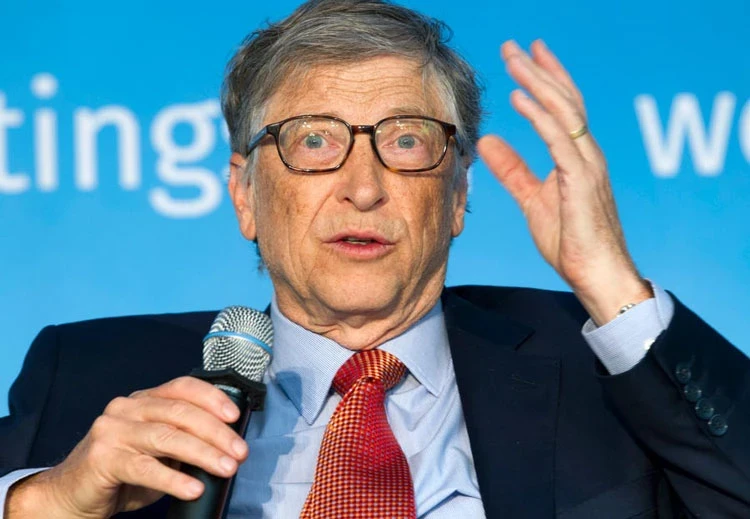
Bill Gates intends to distribute weight loss drugs to poor countries
Currently, weight loss drugs are primarily available in wealthier countries, where the cost of...
The Main Internal Affairs Directorate of Bishkek is investigating the case of a four-year-old girl’s death after surgery.
An investigation has been launched in Bishkek in connection with the death of a four-year-old girl...

Diabetes Medications Improve Memory in the Early Stages of Alzheimer's Disease
A study conducted by scientists confirmed the therapeutic benefits of two drugs in the fight...
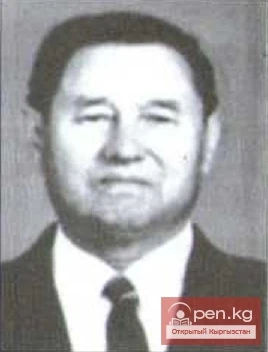
Akbaev Abdi Alimkozhayevich
Akbaev Abdi Alimkojoevich Doctor of Chemical Sciences, Honored Scientist of the Kyrgyz Republic,...
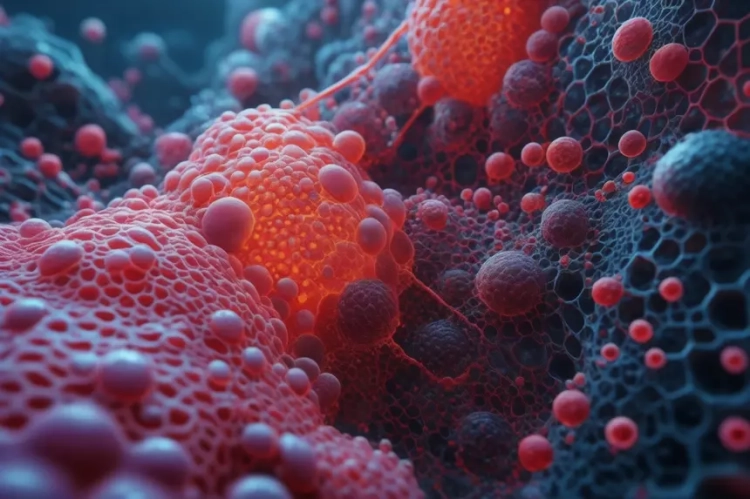
New AI from DeepMind Helps in the Search for Cancer Treatment
The C2S-Scale 27B model, one of the most advanced and scalable AI systems, is based on the Gemma...
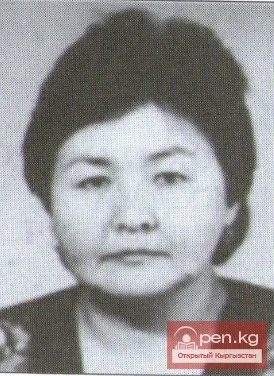
Toktosunova Batma Badirovna
Toktosunova Batma Badirovna Candidate of Chemical Sciences. Born in 1952. In 1975, she graduated...
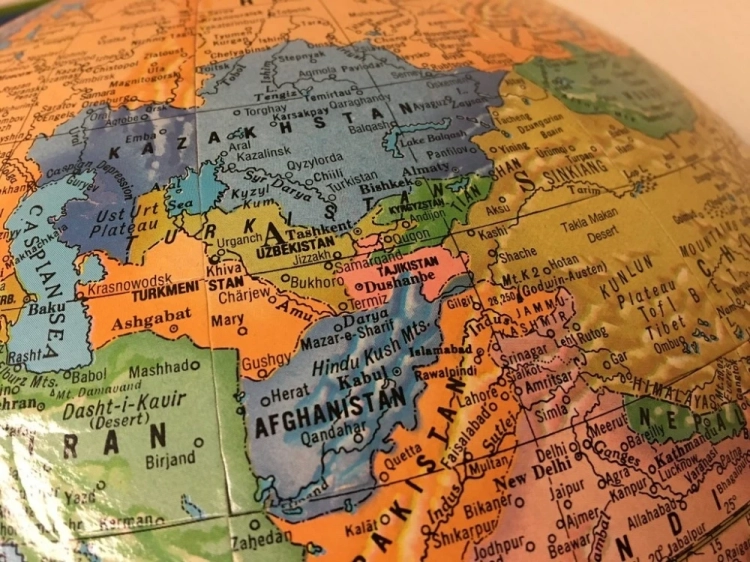
India and Central Asia: 6 Steps to New Cooperation
Central Asia has significant geo-economic potential for India due to its strategic location, which...

Exhibition-Fair "Mom+Me"
The company "Mary Poppins" together with the café "Moskva" invites everyone to...
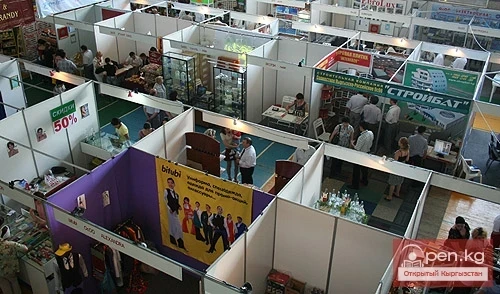
Universal Exhibition-Fair — Kyrgyzstan-2015
Date: from APR 23, 2015 to APR 27, 2015 City: Bishkek Exhibition-Fair Venue: Sports Palace named...
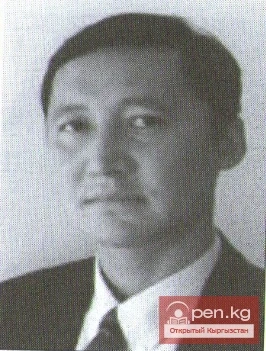
Nazaraaliev Zhenishbek Bolsunbekovich
Nazaraliev Zhenishbek Bolsunbekovich Doctor of Medical Sciences, Professor, Corresponding Member...
Life in the Regions: A Resident of the Tyup District, Venera Saadanbekova, Creates Paintings Worth Up to 50,000 Som
Creative Inspiration: Venera Saadanbekova from the Tyup District Creates Unique Paintings. Venera...
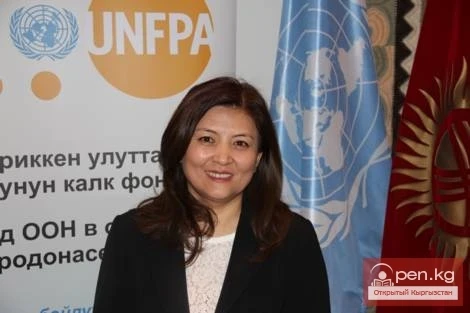
Current Issues in Reproductive Health and Family Planning
Recently, at the "Ak-Keme" hotel, the Ministry of Health of the Kyrgyz Republic and the...
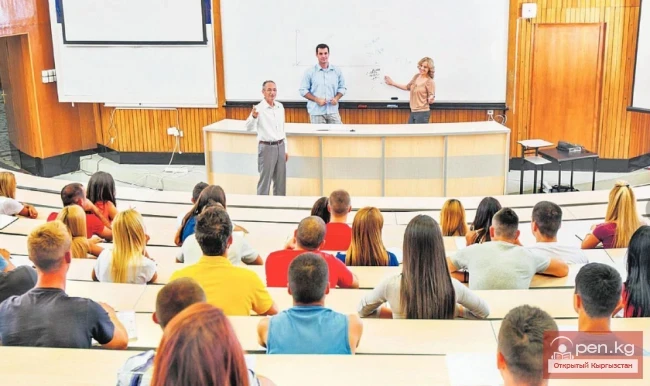
During the summer period, school cooks in Kyrgyzstan will undergo advanced training courses.
The Ministry of Education has developed a 72-hour training program The Ministry of Education and...
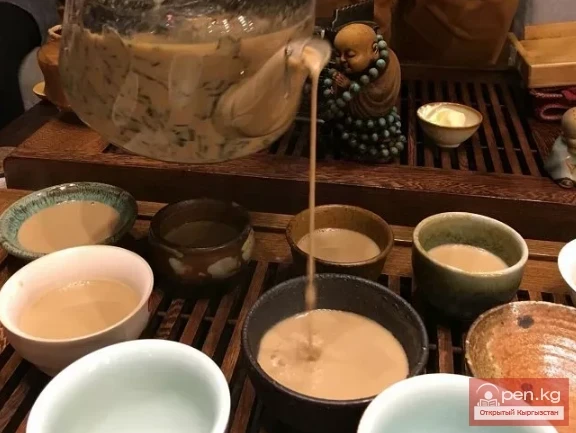
How to Prepare Kurma Tea
Kuurma Tea Kuurma tea is more akin to soups in its consistency and nutritional value than to tea....
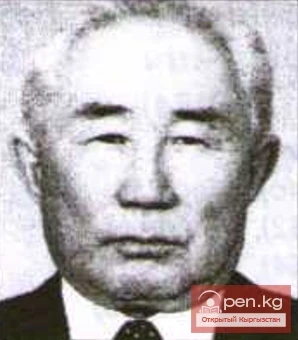
Khanduev Tsiren Tsybekzhapovich
Khanduev Tsiren Tsybekzhapovich (1918), Doctor of Veterinary Sciences (1963), Professor (1966),...
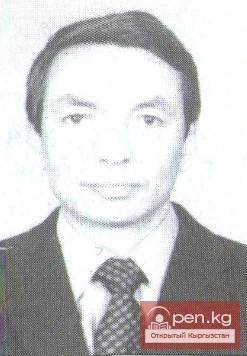
Manayev Bilal Manaoich
Manayev Bilaly Manaevich Candidate of Chemical Sciences. Born in 1948. Graduated from the Faculty...

Musical Project "Golden Microphone"
Yesterday, the second round of the musical project "Golden Microphone" took place at the...

The Olympic team is preparing for the Asian Games.
Recently, in the city of Shymkent, Kazakhstan, the Olympic team of Kyrgyzstan played a friendly...
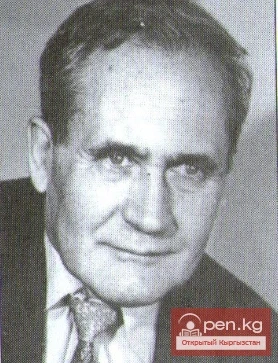
Georgy Aronovich Feigin
Feigin Georgy Aronovich Doctor of Medical Sciences, Professor, Honored Doctor of the Kyrgyz...
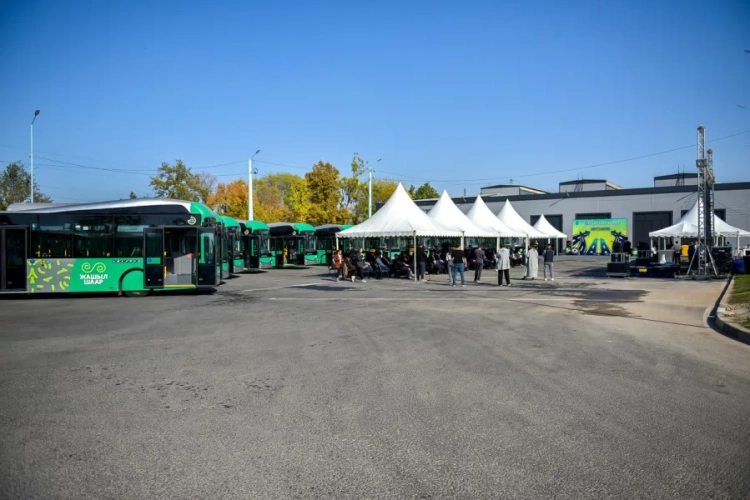
Road Council 2025: General Plan Developers Present Vision for Bishkek's Transport Future
During the meeting, the main issues concerning the city's transport infrastructure were...
In Kyrgyzstan, the screening of the Kazakh film "Region 13" has been banned.
In Kyrgyzstan, the criminal drama "Region 13," filmed in Kazakhstan and discussing the...
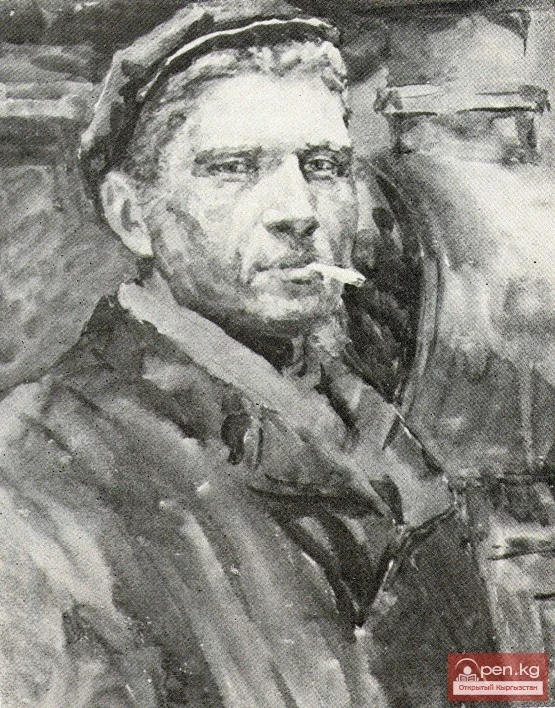
Myrsa Omorkulov
In printmaking, Myrsa Omorkulov has repeatedly tested his skills, although his favorite technique...
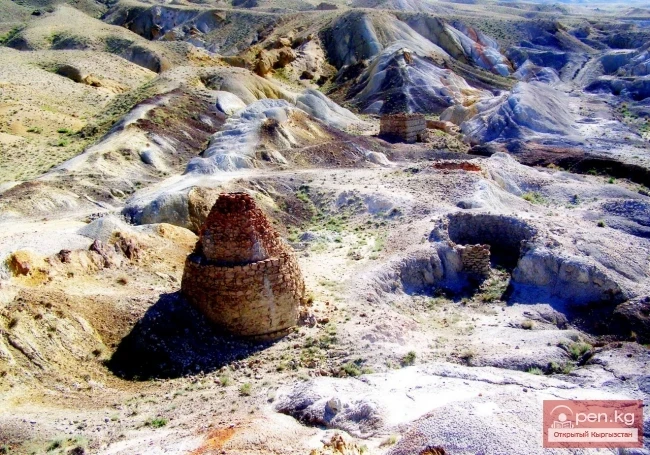
In the Batken Region, there are 100 tourist sites.
There are 100 tourist sites in the Batken region. This was stated today by the plenipotentiary...

Eduard Kubatov is preparing for the ascent of Kanchenjunga
According to the agency "Kabar," Eduard Kubatov, head of the Federation of...
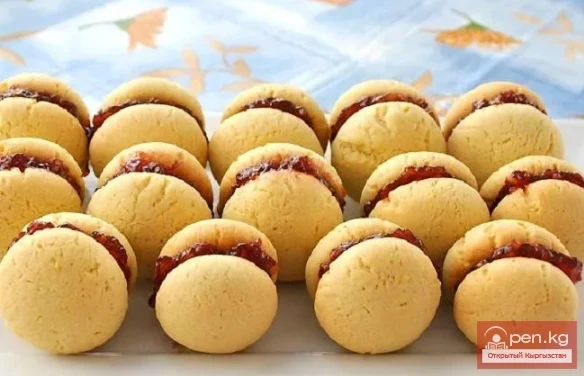
Cookies "Aigul"
Aigul Cookies Very tasty, delicate in flavor. Just melts in your mouth. Very easy to prepare; the...
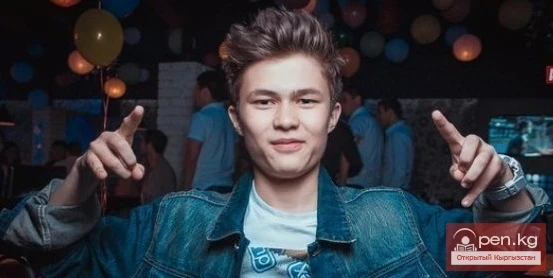
Jan Voинов signed a contract with the manager of the group "Black Eyed Peas"
Famous Kyrgyz dancer Zhan Voinov has signed a two-year contract with the manager of the popular...
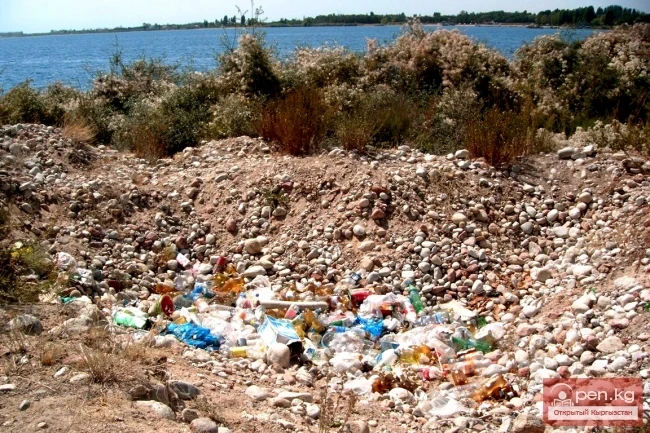
Land Pollution
Pollution, in a broad sense, is understood as the introduction of new (usually non-characteristic...
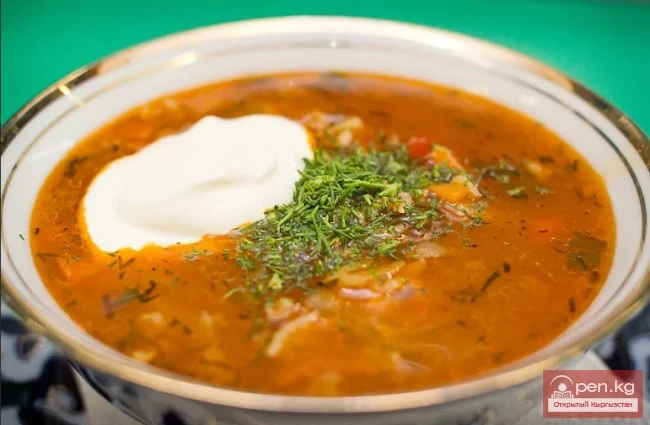
Mastava
Mastava Mastava is a type of soup. Besides Kyrgyzstan, it is prepared in many countries of Central...
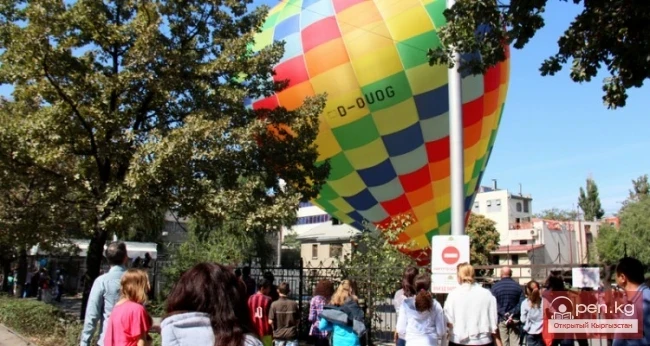
Bishkek: Balloon-shaped attraction prepares for debut
Residents of Bishkek will be able to see their city from a bird's-eye view starting at the...
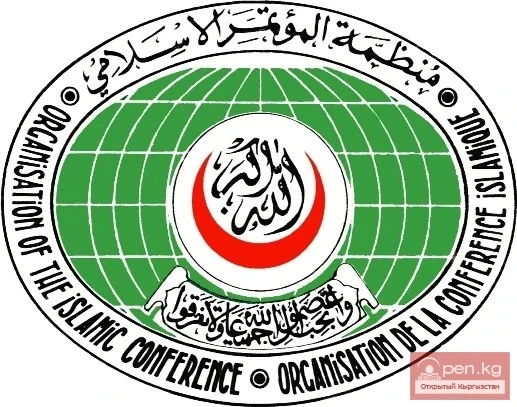
Bishkek – the Capital of Islamic Culture
This year, Bishkek has been declared the capital of Islamic culture. Preparations for the events...

Microsoft has ended free support for Windows 10. What users need to know
Microsoft has completed the free upgrade and support for Windows 10 as of October 14, according to...

Kirill Weiss: Swimming is the Best Sport for the Body and Soul
On the eve of the event, the national swimming team of Kyrgyzstan, consisting of sixteen athletes,...
Life in the Regions: Kairgul Kozhogulova Raised Two Children Alone While Driving a Milk Truck for 15 Years
Kairgul Kozhogulova, 48 years old, from the village of Kyzyl-Suu in the Jeti-Oguz district of the...
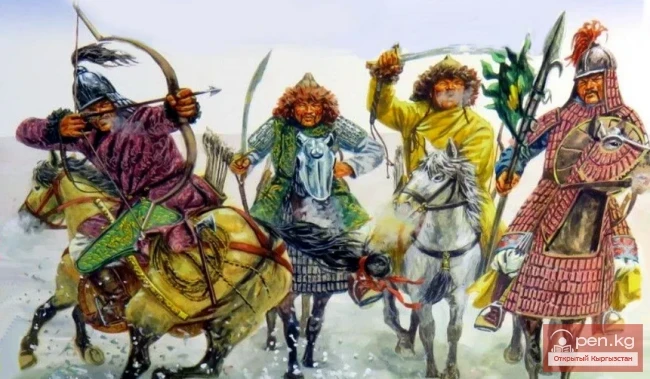
The Fourth Campaign of Timur to Moghulistan Due to the Invasion of Kamar ad-Din in Fergana
Timur's Campaign to Moghulistan In 1376, before the campaign to Khwarezm, Timur sent an army...
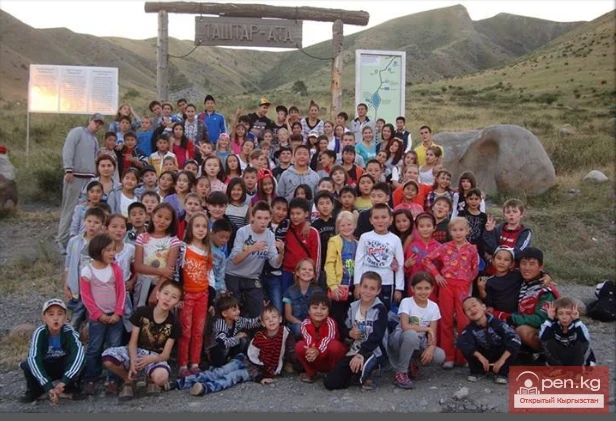
Summer Camp in Besh-Kungey
Children's Camp in Besh-Kunge The main objective of the camp is to create optimal conditions...
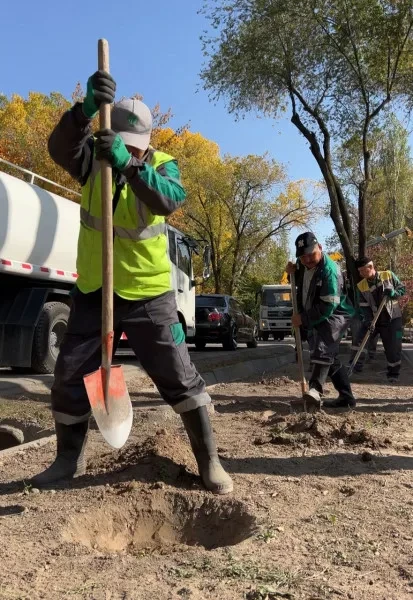
Over 10,000 Trees and Shrubs: Bishkek Prepares for Mass Planting of Seedlings
In the capital of Kyrgyzstan, Bishkek, preparations have begun for a large-scale greening...
Non-communicable diseases cost the economy of the Kyrgyz Republic nearly 30 billion soms
Non-communicable diseases (NCDs) inflict an economic loss of 29.8 billion soms on the economy of...

A Taraskan from Naryn Makes Toys for Children from Paper and Plastic Bottles
30-year-old Taraskan has been working at the kindergarten "Cheburashka" for 5 years. “My...
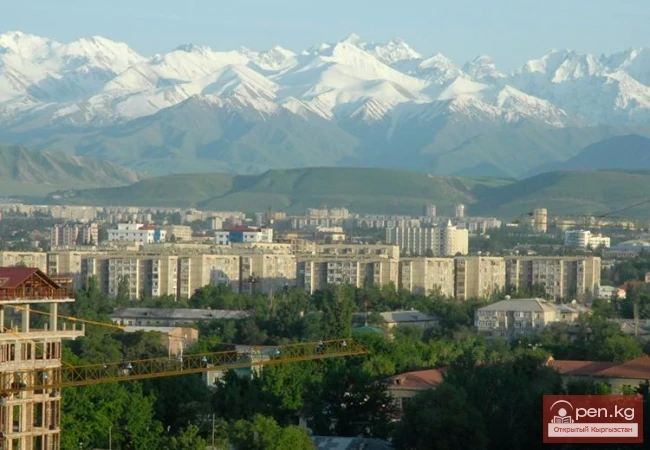
Housing Conditions and Construction in Kyrgyzstan
Decision-making in the housing sector remains fragmented. Housing-related issues are divided among...
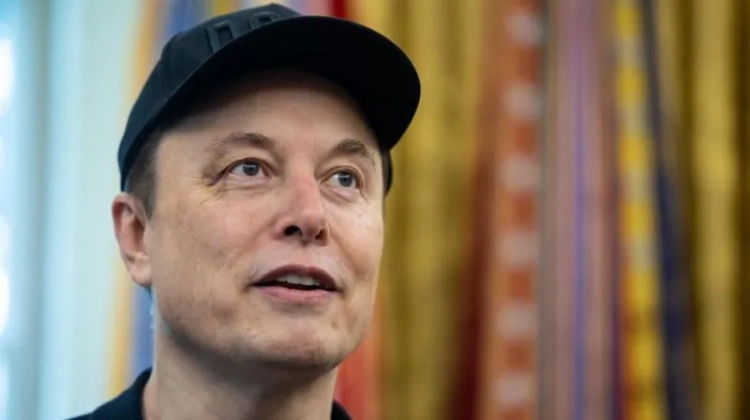
Elon Musk stated that he needs a trillion dollars to control the Tesla robot army
According to reports, Musk wants the company's shareholders to vote for his compensation of...
Life in the Regions: 47 Years as a Teacher and No Change — Natalia Solonitsyna from Kara-Balta Shared the Secret of Youth
Natalia Solonitsyna from the city of Kara-Balta has been working as a teacher for 47 years. In a...
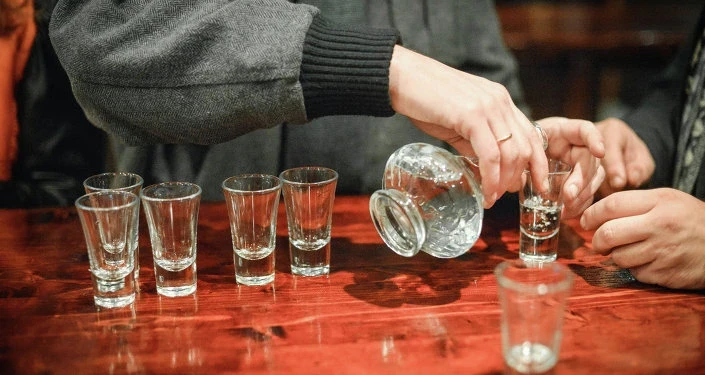
WHO: Alcohol is one of the main causes of cancer in Europe, costing the EU billions of euros
In the European Union, where alcohol consumption levels are among the highest in the world,...
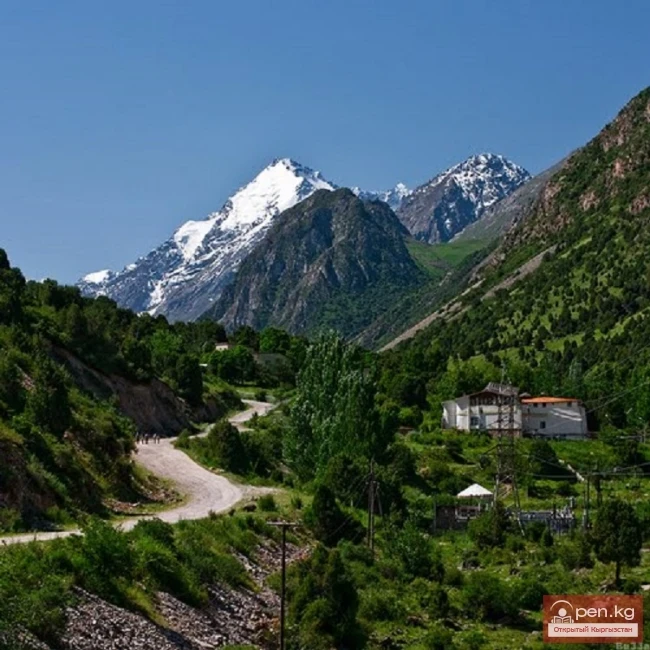
Resort "Warm Springs"
Resort "Teplye Klyuchi". Located 35 km from Bishkek. The resort complex is situated at...

19-year-old dancer from Bishkek amazed the judges of the famous American show "America's Got Talent"
A 19-year-old dancer from Bishkek amazed the judges of the famous American show "America’s...
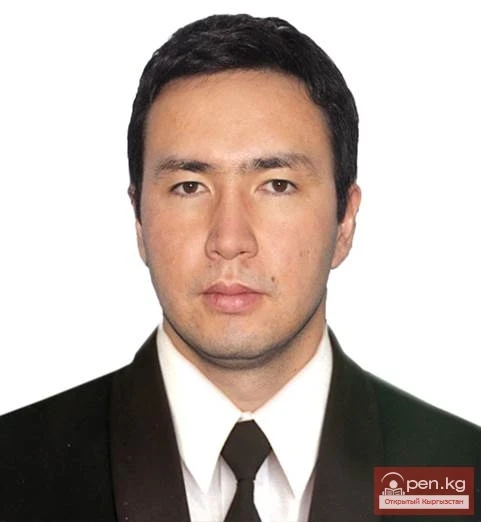
Heroes of Our Country Today. Laureates of the "100 Best Deeds for the Beloved Village/City" Award
Abakirov Eldar, Bishkek. Eldar is the director of a construction company. He provides financial...
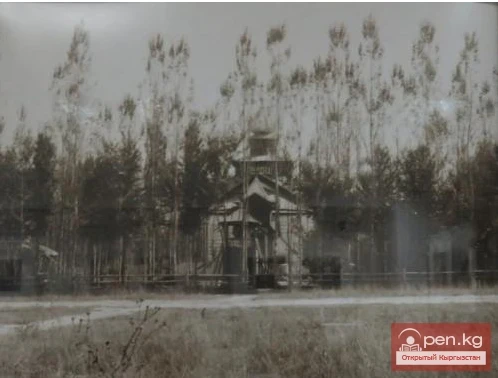
Protocol of the Meeting on the Construction of a Wooden Church in Pishpek. Document No. 30 (December 1902)
PROTOCOL OF THE MEETING OF THE SEMIRECHEN REGION ON CITY AFFAIRS REGARDING THE CONSTRUCTION OF A...

Population of Kyrgyzstan as of January 1, 2013
Population of Kyrgyzstan Thanks to the fundamental changes that occurred in Kyrgyzstan after the...
